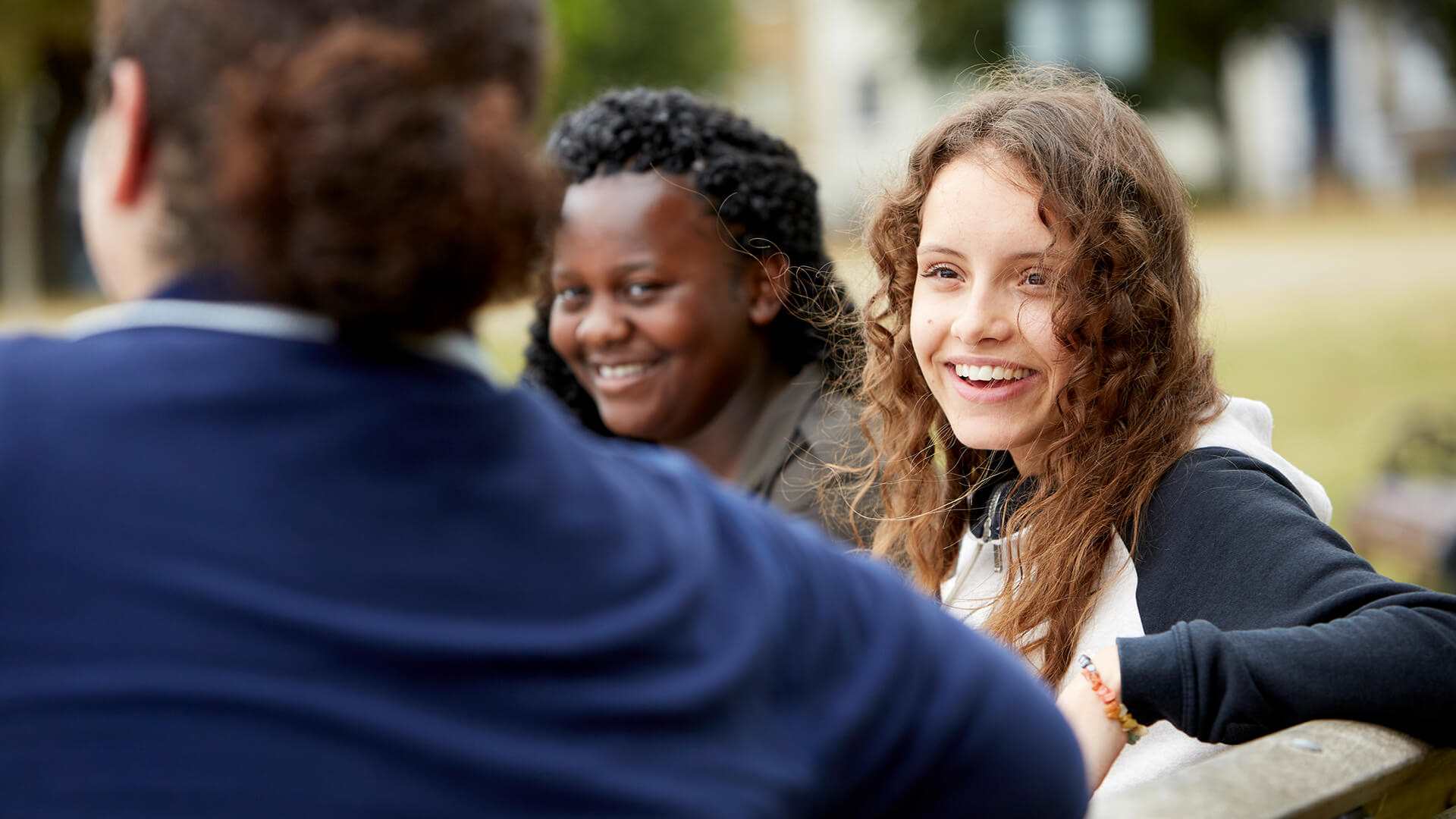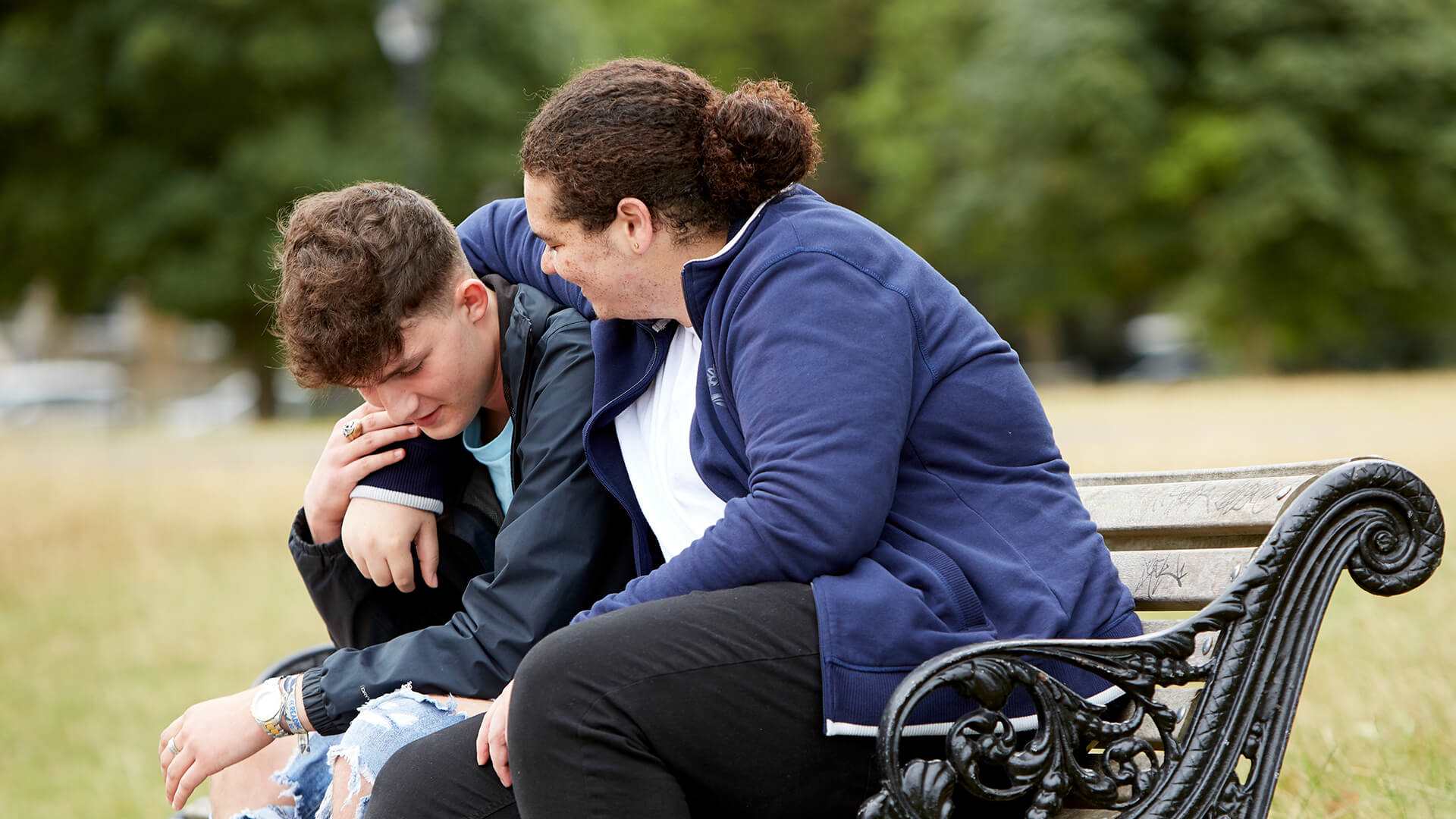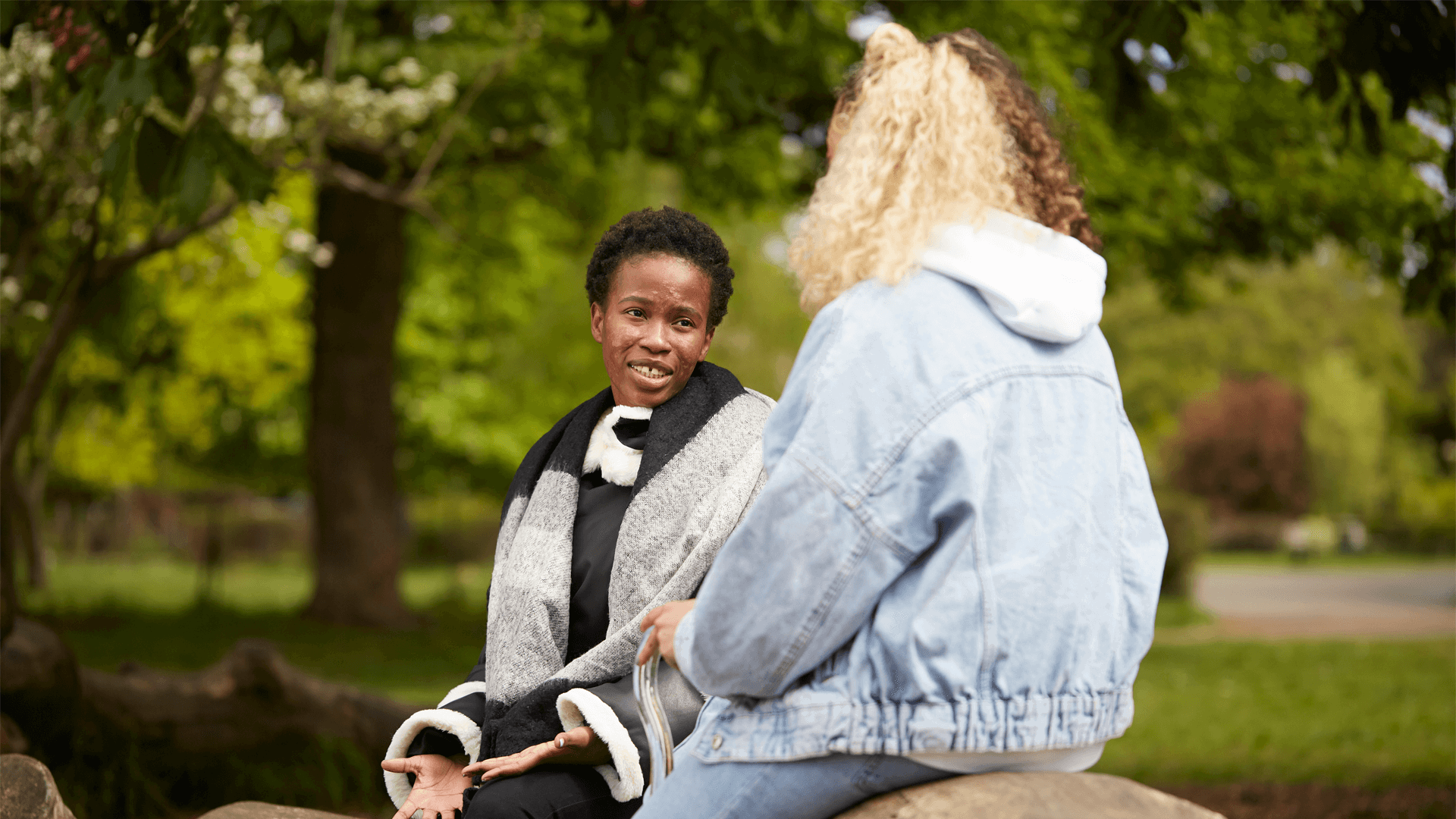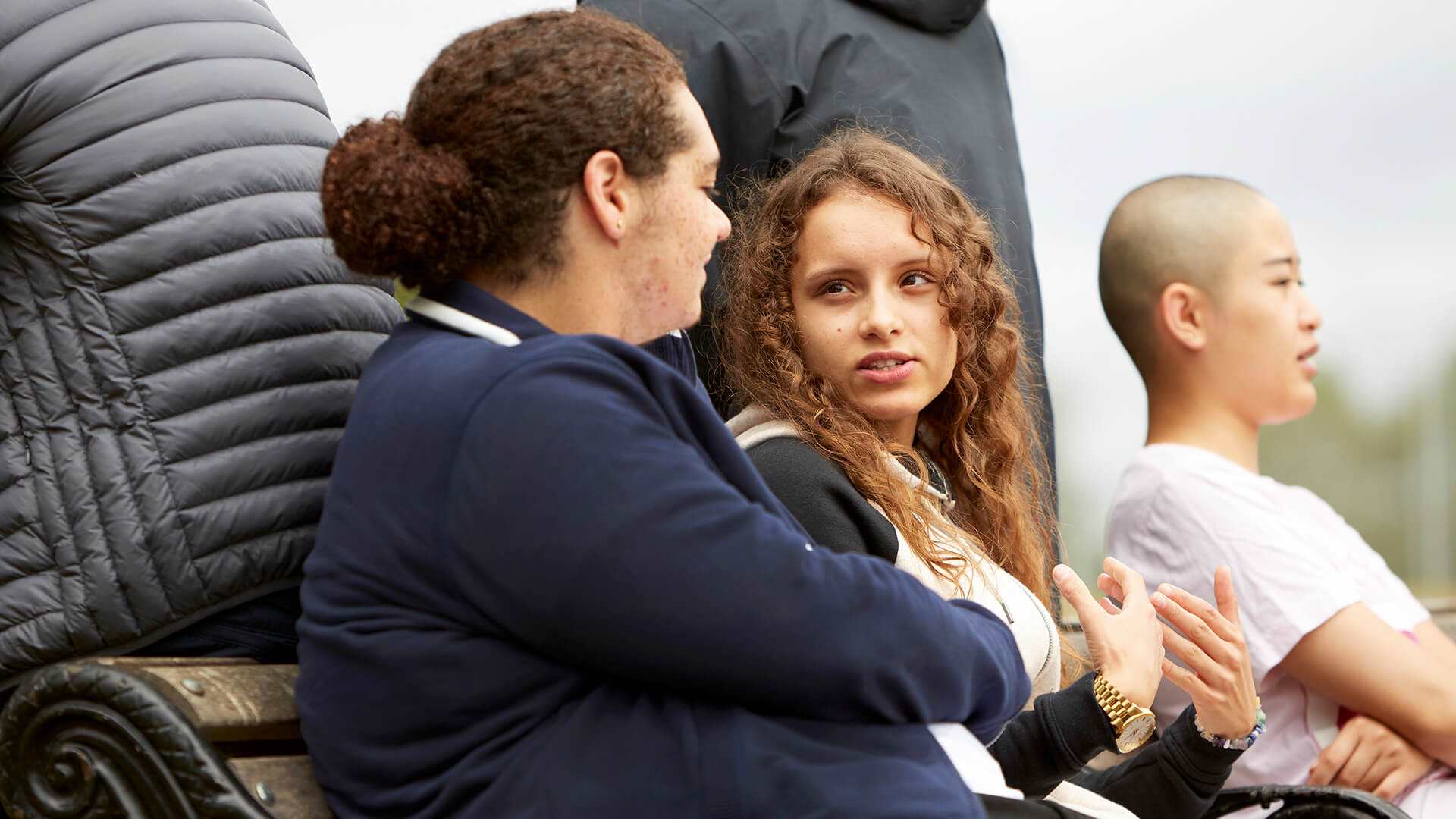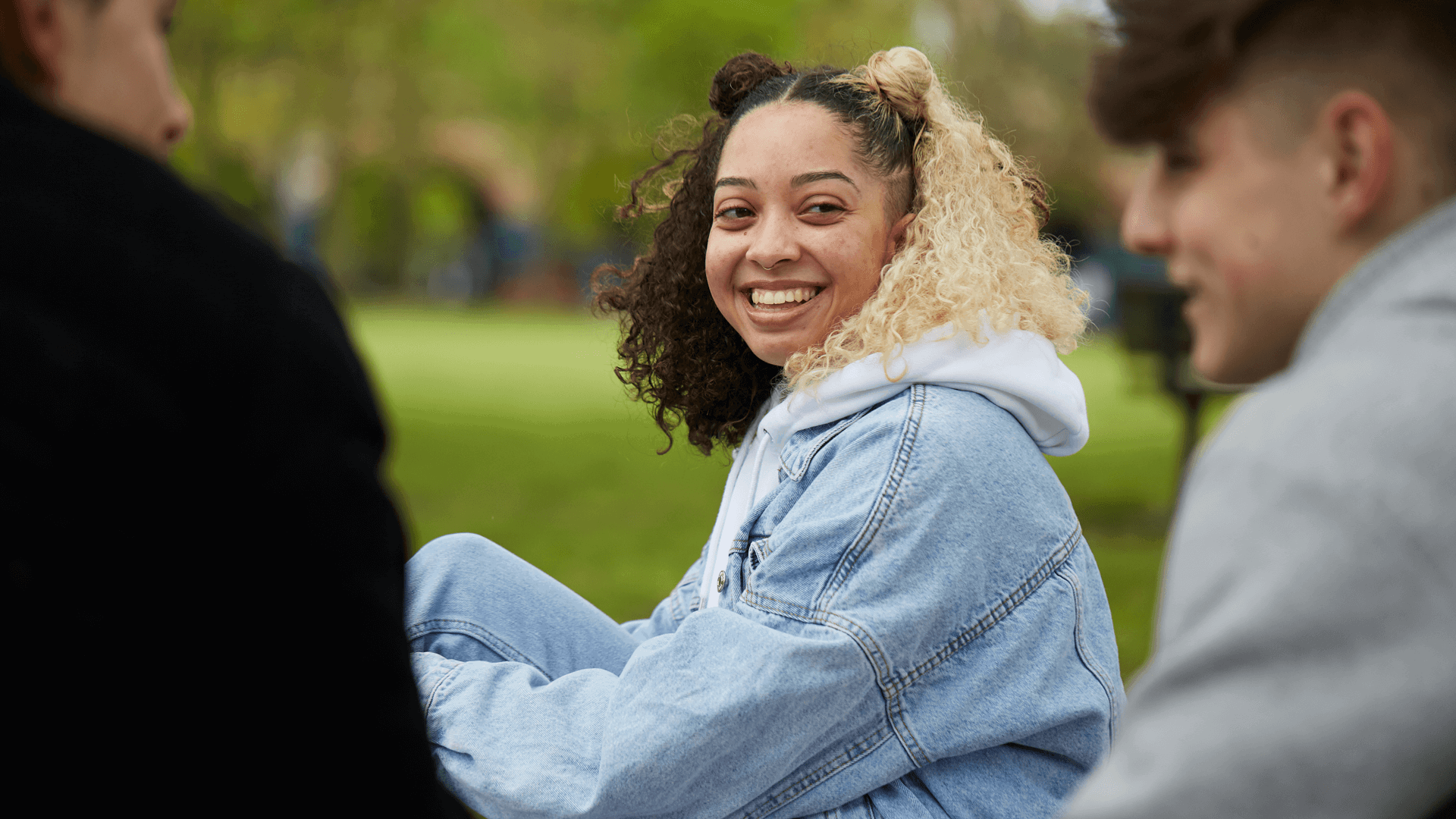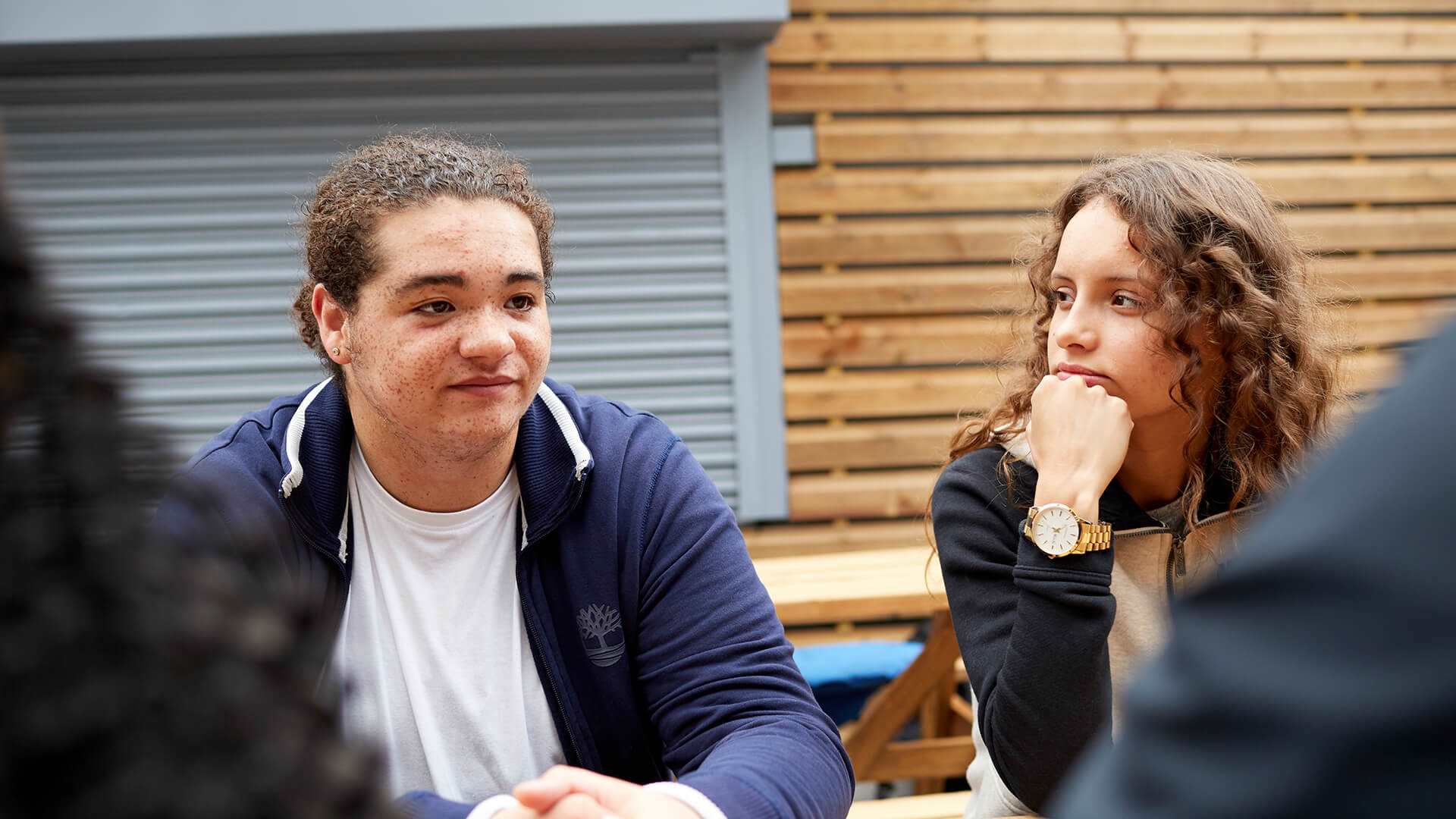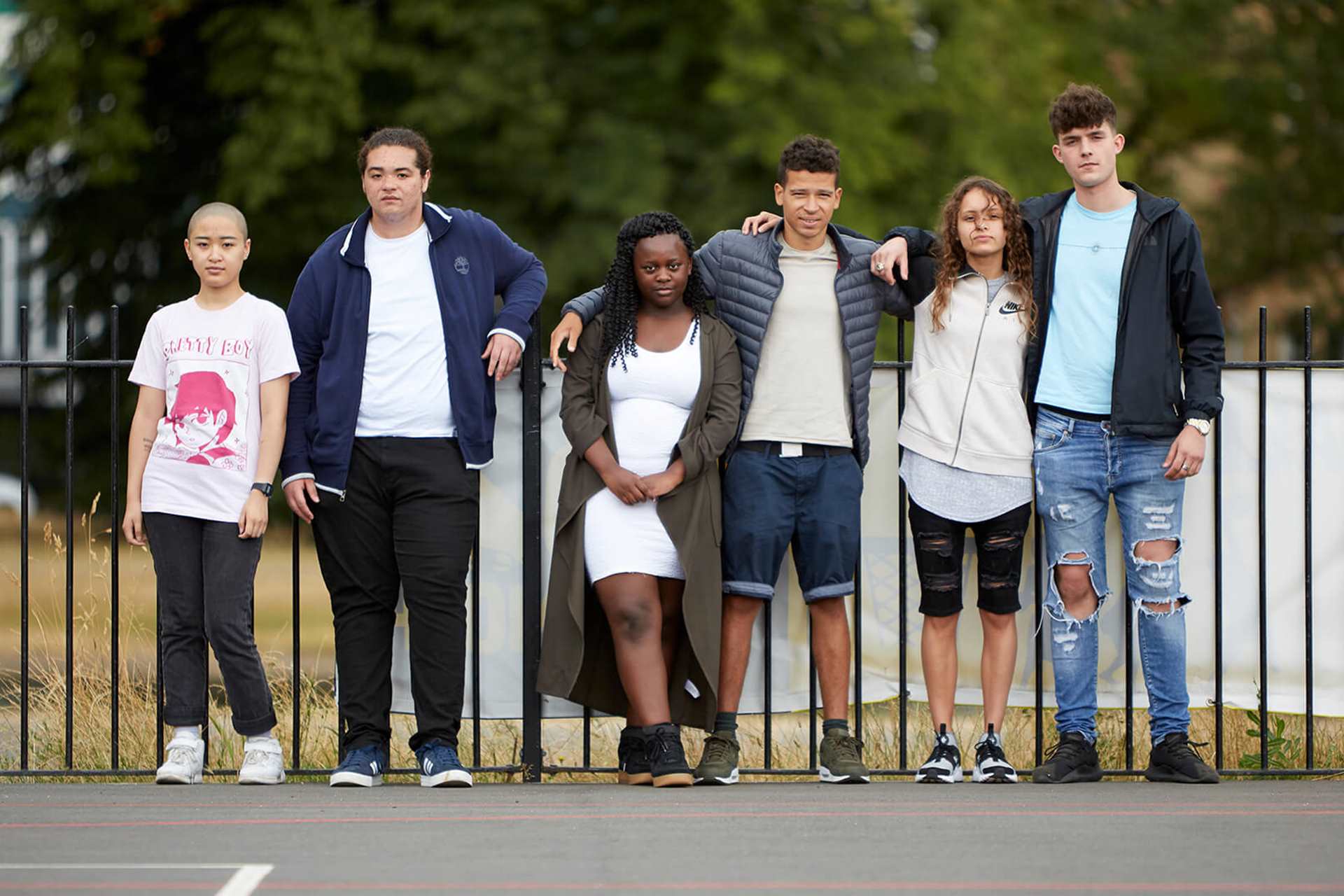It can happen at any time
Having low self-esteem can happen at any point in your life. You might find that you struggle with it at different points in your life (like after a break-up, or if you’re being bullied, or finding it hard to get a job), or it can happen continuously throughout your life. Low self-esteem can make you feel quite down or anxious. It can also lead to:
- depression
- feelings of worthlessness
- feelings of isolation and loneliness
- experiencing panic attacks
- feeling like you need to please other people and put everyone else’s happiness before your own
- putting yourself in risky or dangerous situations
- accepting people not treating you well
- taking responsibility or blaming yourself for other people’s actions
- struggling to say ‘no’ or set healthy boundaries
- struggling to make decisions
If you are experiencing any of the feelings above, know that you can get through this and it can get better.
